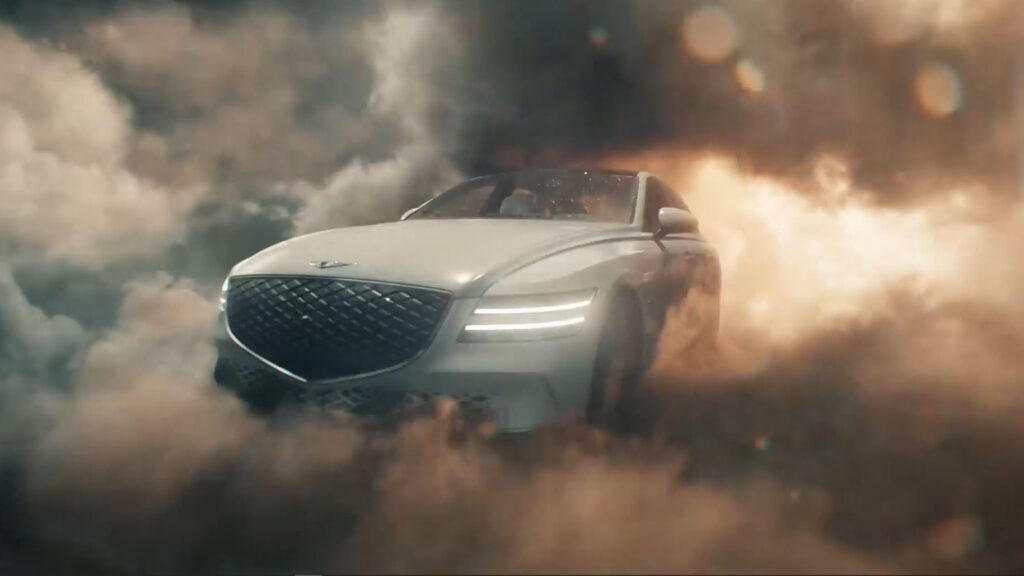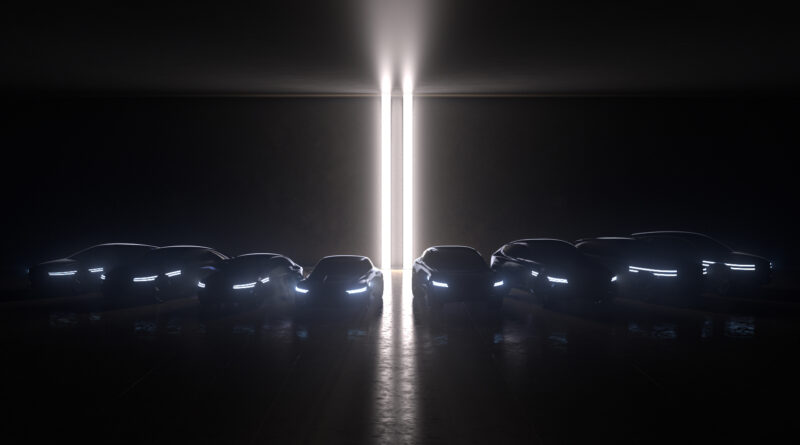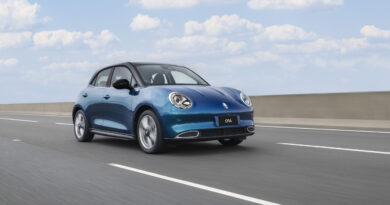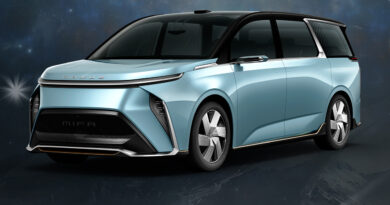Genesis to be full EV by 2030, FCEV part of the mix
Fledgling luxury brand Genesis will phase out petrol and diesel engines by 2030 as it moves towards a wholly electric lineup – both battery electric and fuel cell hydrogen EV.
That will include eight models – shown in the teaser image above – and planned sales of 400,000 vehicles per year globally, which is a bit more than what Porsche does and a bit less than Land Rover.
The Hyundai-owned South Korean luxury car maker that only became a brand in 2015 today announced that every new model it reveals from 2025 will be powered only by electric motors, with all existing ICE cars phased out by 2030.
READ MORE: Target EV: The year each car brand promises to go electric
The move is in line with Genesis’ ambitious plan to lean on electrification to grow sales, something that kicks off next year with the G80 Electrified and GV60.
Currently a minnow in the EV world – Porsche outsells Genesis almost ten-to-one in Australia – Genesis is growing and has big aspirations.
EV is set to play a key role in that growth, including hydrogen fuel cell, which Hyundai says is the “ultimate eco-friendly solution”.
“I am extremely excited to announce the new vision of Genesis for a sustainable future as we open a new chapter in our history,” said Jay Chang, Global Head of Genesis. “As we continue to design a new dimension of customer experience and build an authentic relationship with our customers, Genesis will take audacious steps to lead the age of electrification into the sustainable future.”
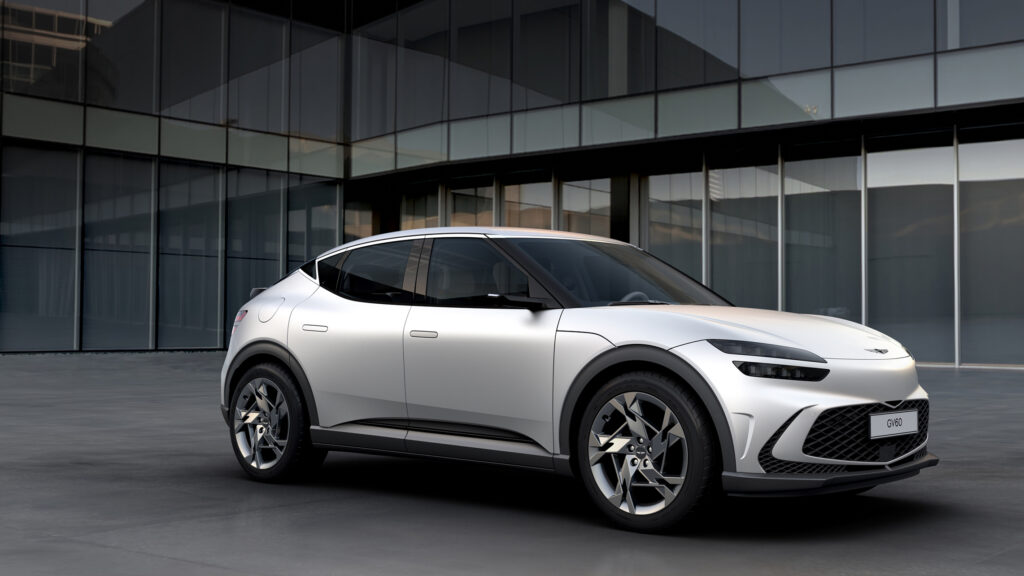
However, rather than limiting itself to battery electric vehicles – by far the preferred method of propulsion for EVs – Genesis will shoot for a “dual electrification strategy” that will involve hydrogen fuel cell EVs as well.
That’s in line with the strategy from parent company Hyundai, which is pushing hard towards FCEVs. Hyundai in Australia already has about 25 Nexo fuel cell cars on lease programs as part of a trial.
Along with Japanese rival Toyota, Hyundai believes hydrogen fuel cells could prove a viable replacement for diesel in the long term, providing quick refuelling and longer driving ranges that BEVs.
“Genesis has been on an intensive, bold and successful journey, successfully establishing itself as a truly global luxury brand,” said Hyundai Group chairman Euisun Chung. “Genesis is once again at the starting point of another audacious journey – the journey towards a sustainable future.”
Genesis says it will develop more efficient electric drive systems as well as new fuel cell systems with higher power outputs. It also says it will “devote itself to building next-generation technology that draws better performance and efficiency from lithium-ion batteries”.
That’s in line with every car maker and battery manufacturer, all of which are working on better batteries and new technologies such as solid state batteries.
Accompanying the shift to EV only, Genesis is also planning to ramp up the luxury.
During a video presentation it gave glimpses of some future models, including some with rear-hinged back doors that make it easier to get in.
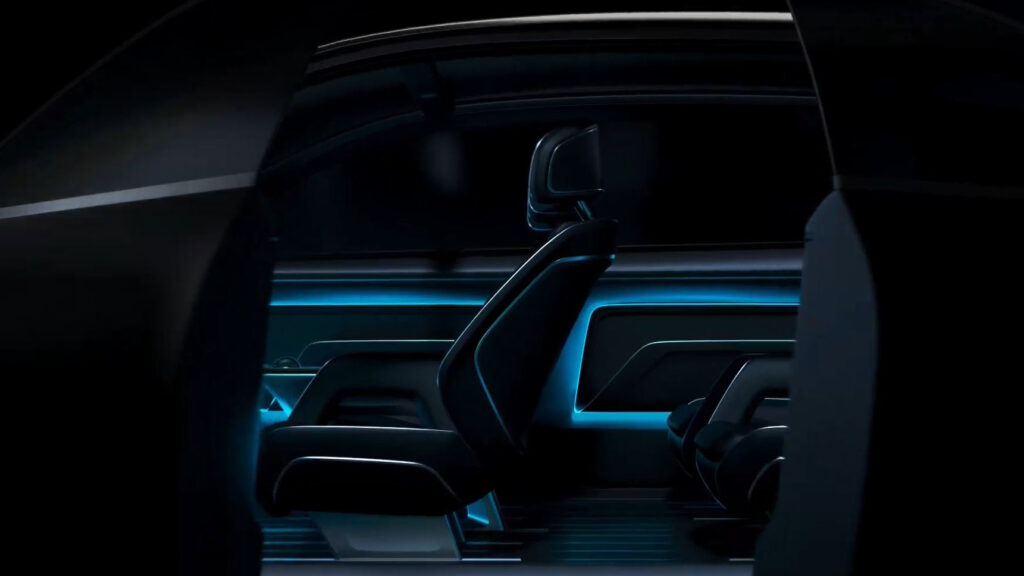
There was also a next generation audio system “that makes drivers and passengers feel like they’re sitting on stage with the orchestra”.
The company is also embracing its Korean heritage with a new heating system inspired by the traditional Ondol underfloor heating used in Korea.
“Our new architecture will integrate audacious technologies with breathtaking designs while providing sincere detail-oriented experiences,” said Luc Donckerwolke, Chief Creative Officer of Genesis.”Warm and exquisite care will be our differentiator.”
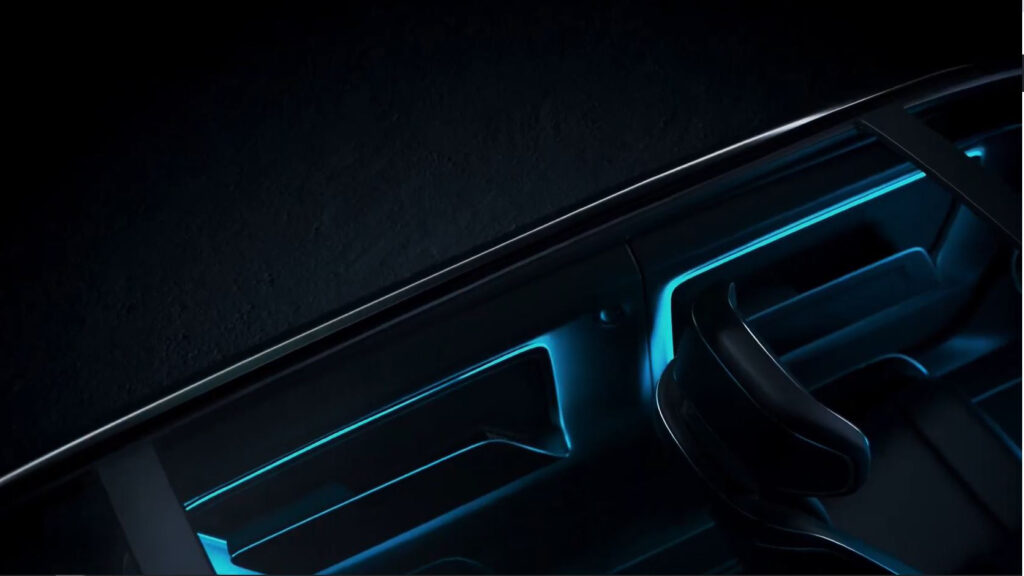
Genesis also says it will be carbon neutral by 2035, presumably by using renewable energies for its manufacturing facilities as well as for transport of vehicles, production of raw materials and so-on.
And if that’s not enough, Genesis also appears to want to head to the skies.
The company showed off a teaser of an EV that is floating through the clouds. No indication on how Genesis plans to make its cars fly, but there’s nothing like dreaming!
